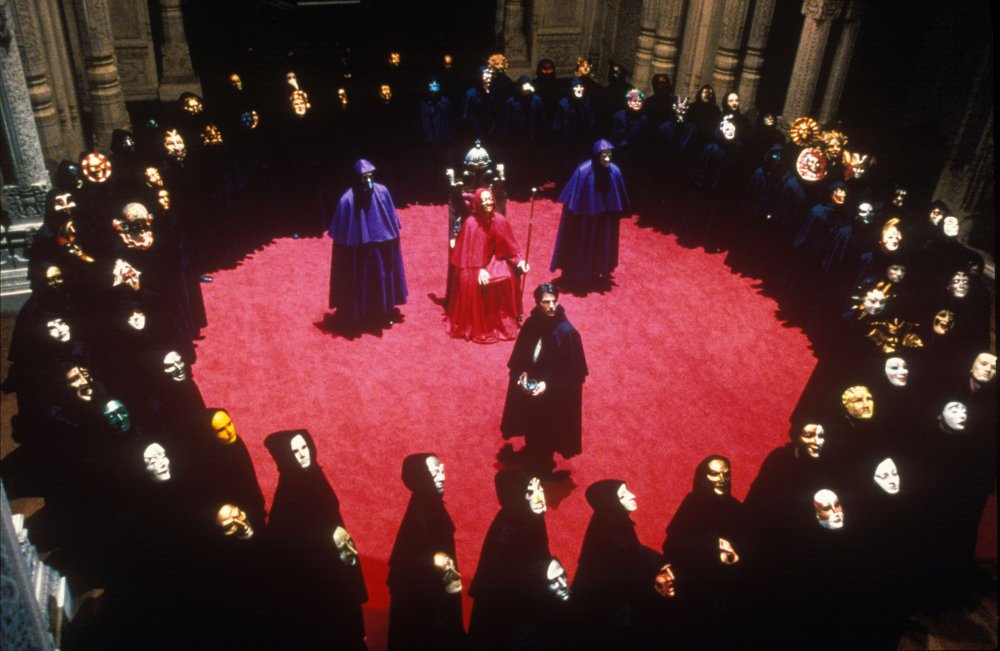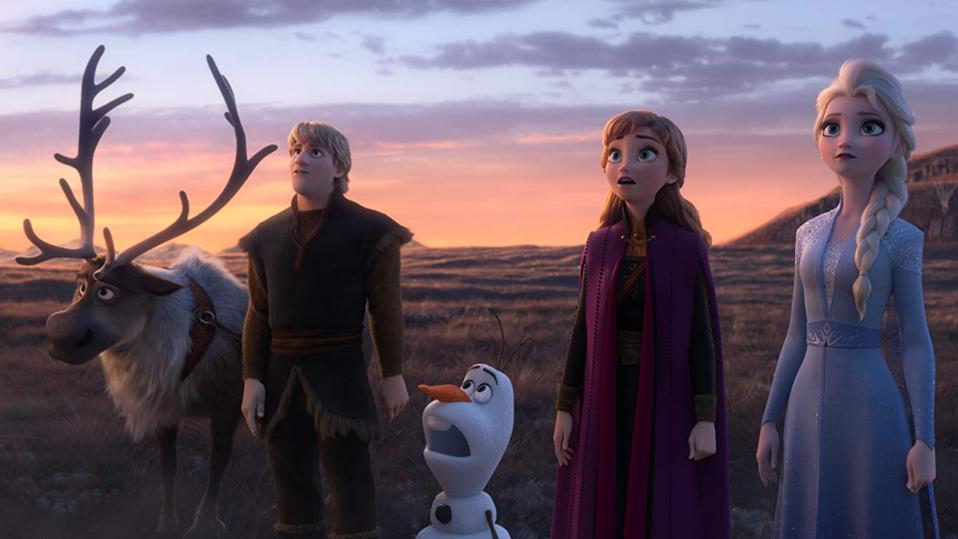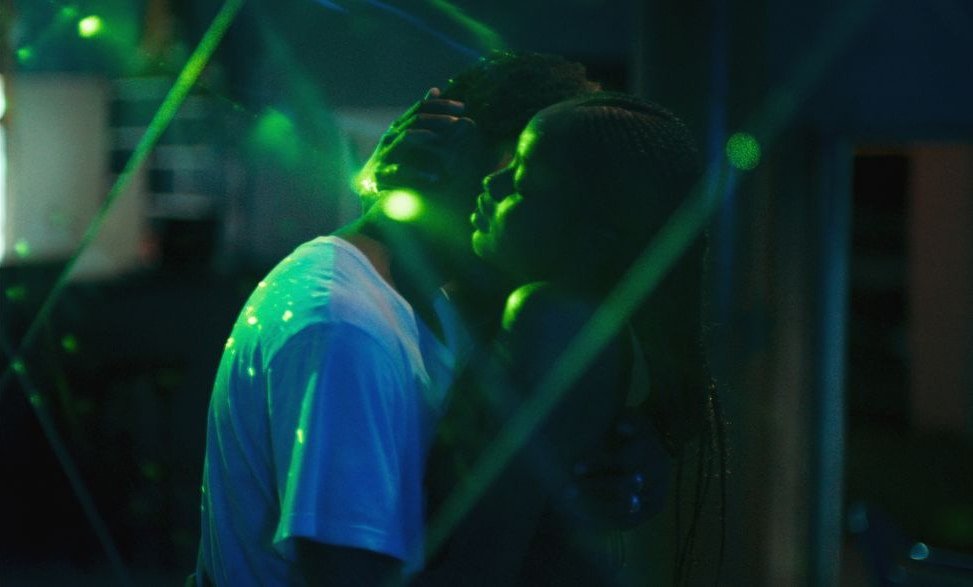The Amber Light ****
Dir: Adam Park. Documentary with: Dave Broom,
Ian Rankin, Alasdair Gray, Ryan Chetiyawardana. 93 mins. 12A
Adam Park’s documentary opens with a
title-card acknowledgement that “the story of whisky is a familiar one” before
carving out its own distinct and distinctly engaging niche. It’s less
interested in the business side of whisky than its social aspect: how this
liquid gold has been drunk through the ages.
To this end, Park joins the whisky scholar
Dave Broom on a tour of Scotland, and those sites where the drink was
originated, developed, reclaimed and knocked back. Invariably – this having
clearly been one of documentary’s more enjoyable shoots – their itinerary
involves Broom taking a dram or two himself. The title refers to the impeccably
hip watering hole the film concludes in, but also to the warm, convivial glow
radiating out from the screen.
Park and Broom cover a lot of ground at a
distiller’s measured pace. Opening on the Isle of Islay, with an immensely
watchable primer on peatcutting, they cook up medicinal whisky in woodland and
visit East Fife’s new microbrewery hotspot between trips inland to city pubs
for rendezvous with such eminent thinkers and drinkers as Ian Rankin and
Alasdair Gray.
This quasi-magazine show treatment – call it The
One More Show – permits Park and Broom multiple lines of approach to the
roots of Scottish drinking culture: whisky as a bringer of warmth, and a means
of reconnecting with the land. It also permits some re-examination of
stereotypes. As Rankin euphemistically observes, “Sometimes [whisky] brings out
the worst in you”, providing the film’s own “drink responsibly” disclaimer.
The broad remit means there are places where
it might seem wobbly or fuzzy-headed: I wasn’t sure Broom’s musician pals
brought much to the table, beyond drinking songs that admittedly break up the
talk. Yet Dan Dennison’s cinematography keeps landing on the kind of
satisfying, weathered textures you’d want from any glass of Glenlivet, much as
Park and Broom keep coaxing out useful insights: Gray raises the suggestion
that Scotland remains a series of islands squashed together into co-existence, which
may be worth considering as the independence debate grows louder.
Extremely
good company – not unlike snuggling into a pub nook with passionate,
well-lubricated conversationalists – it’s a film made for nippy late-November
afternoons.
The Amber Light opens in selected cinemas from today.











